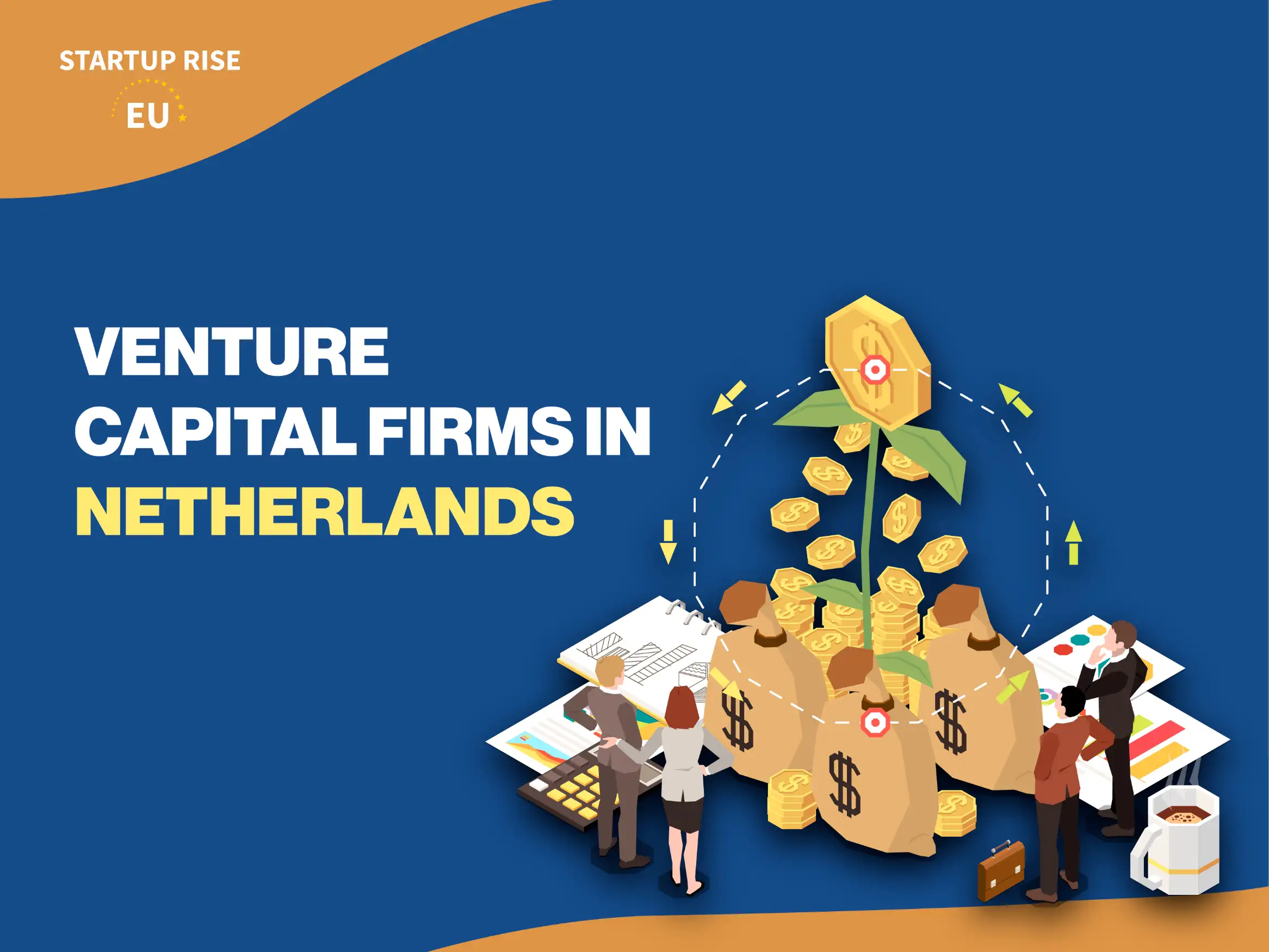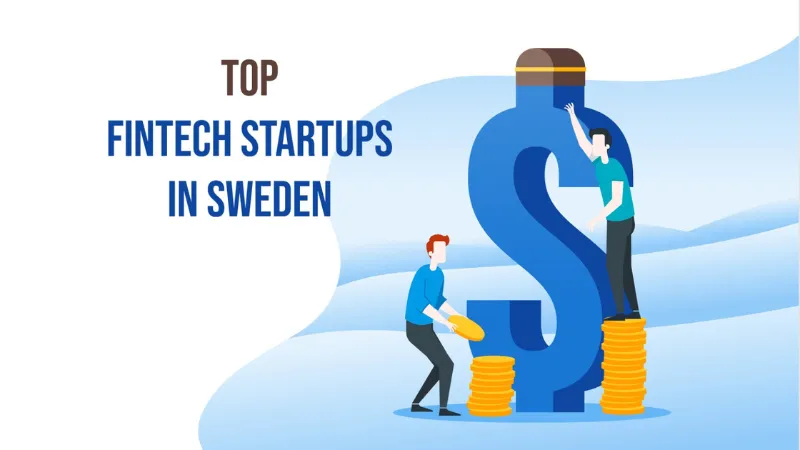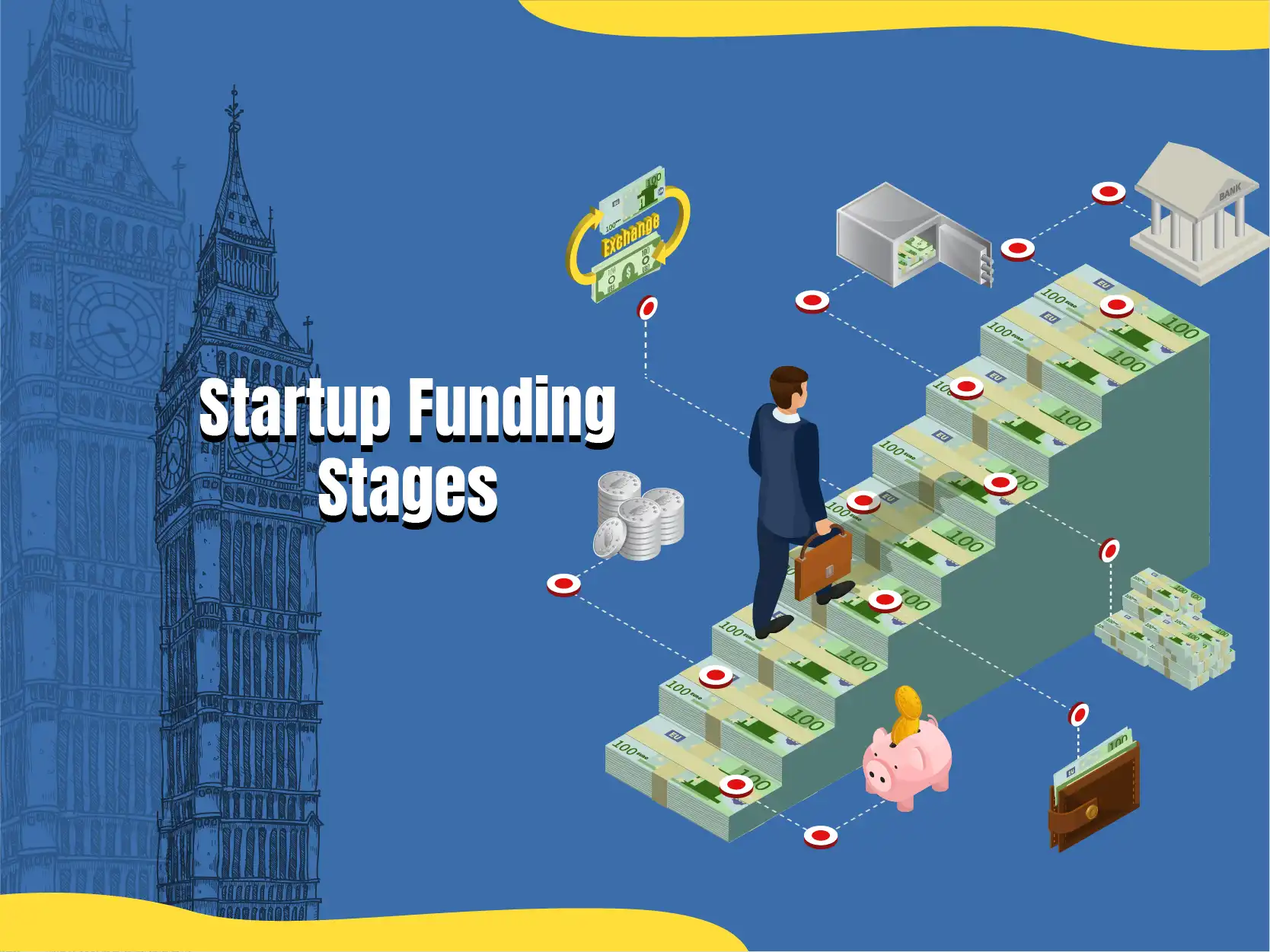
SUMMARY
- The startup ecosystem is expanding and is actively looking for increasing funding opportunities for successful business growth.
- Starting a business requires adequate funding for both the initial setup and ongoing operations until it becomes profitable.
The startup ecosystem is expanding and is actively looking for increasing funding opportunities for successful business growth. This article explores the different types of financing available for startups and their importance in growing businesses. Let’s take a deeper look at this topic to gain a clear understanding.
What is startup funding?
Startup funding is essential capital used to start and expand a business. It finances product development, manufacturing, marketing, office space, and inventory to bring products or services to market and support business growth.
Why do startups need funding?
Starting a business requires adequate funding for both the initial setup and ongoing operations until it becomes profitable. Many businesses fail due to inadequate planning for ongoing expenses, assuming that revenues will cover costs once established.
Early-stage startups require funding for product development, market research, recruitment, software equipment, office space, and developing a go-to-market strategy. Funding rounds include bootstrap, pre-seed, and seed.
In the growth stage, funding is critical for improving products, expanding teams, acquiring customers, and international expansion. Funding rounds (Series A, B, C, E etc.) support these efforts, focusing on scaling and achieving business goals.
Additional funding may be needed to increase production, acquisitions, or ambitious business plans. Effective communication of the business’ potential is essential when seeking investment, with various financing options available, each with their own benefits and drawbacks.
How can startups get funding?
Here are the 6 most common ways startups get funding:
1. Bootstrapping
Bootstrapping involves self-funding a startup with personal savings rather than seeking outside investment. While this is an attractive concept for many entrepreneurs, it is often impractical due to the challenge of starting a business without adequate financial resources.
Cash flow is crucial to sustaining operations beyond the initial stages, leading many to opt for startup funding or partnerships. Keeping costs to a minimum and creatively using existing resources are key aspects of bootstrapping. Entrepreneurs can also obtain grants, participate in startup competitions for equity or cash prizes, and incentivize talent with sweat equity or low salaries.
Explore the bootstrapping startups in Europe.
2. Crowdfunding
Crowdfunding is a modern method of small business funding, where funds are raised from a large number of individuals, often via online platforms. There are two types: rewards-based, where backers receive non-equity rewards; and debt/equity-based, where investors receive shares or loans in exchange for funding.
While rewards-based crowdfunding offers benefits such as retaining intellectual property and having no repayment obligations, it may not be sufficient for extensive business development or expansion. Investors in debt/equity crowdfunding receive ownership or loan rights in the business. Should campaigns meet specified funding goals within the timeframes set out on the crowdfunding platform, successful campaigns receive funds to use as needed, while unsuccessful campaigns have pledges returned.
3. Loans from Banks
Entrepreneurs seeking capital from traditional financial institutions such as banks often face disappointment when their loan applications are rejected. Banks typically prefer lending to established businesses with a proven track record of success, making it challenging for new entrepreneurs without a financial history to obtain funding.
For businesses that are already generating income, it is possible to obtain a bank loan or to finance growth through debt, depending on stable revenue, longevity of the business and the collateral provided.
4. Government grants
Government grants provide entrepreneurs with non-refundable funding, but often come with specific conditions aligned with government policies, such as environmental incentives or community projects. Eligibility criteria are strict, making grants only suitable for certain business sectors. Business accelerators or incubators can provide additional support and opportunities.
Startups business grants are beneficial because they provide free capital without diluting ownership, but require adherence to strict usage restrictions. Startups, including those eligible for innovation grants, should consider applying despite competitive selection processes, ensuring that a well-crafted application increases the chances of success.
Know more about the government grants for women in UK.
5. Angel Investors
Entrepreneurs often seek external investment from private investors such as angel investors or venture capital funds to secure business capital. Angel investors, typically high-net-worth individuals, assess business potential for profit and are more flexible than traditional financial providers. They may also offer mentorship along with funding, which not all investors do.
Investment may be in exchange for equity or through convertible debt, focused on long-term business success aligned with their expertise. A clear business plan and an understanding of market precedents are critical to attracting angel investment.
6. Venture Capital Firms
Venture capital investing targets established companies that need funding to expand. Occasionally, firms invest in 'unicorn' startups, but these are rare. Evaluating a company's potential growth, venture capitalists invest with expectations of high returns, sometimes leading companies to an IPO.
They raise large sums of money and seek substantial ROI, often hundreds or thousands of times their investment. However, drawbacks include lengthy processes, potential loss of company control, and a focus on fewer, safer investments in established businesses.
Conclusion
Starting a business today requires less capital than in years past, mainly because businesses are embracing technology and a more hands-on operational approach instead of extensive manpower and expensive marketing campaigns. Entrepreneurs are increasingly turning to angel investors, who provide smaller sums with lower expectations of returns than traditional investors.
Navigating the complex funding landscape involves identifying appropriate sources that align with the stage and needs of the business. Progress in a company's growth increases its value when approached by investors, who often look for concrete accomplishments.
Latest Startups Funding News
Lets explore various ways how startups are getting funding: -


 Follow us
Follow us Follow us
Follow us















